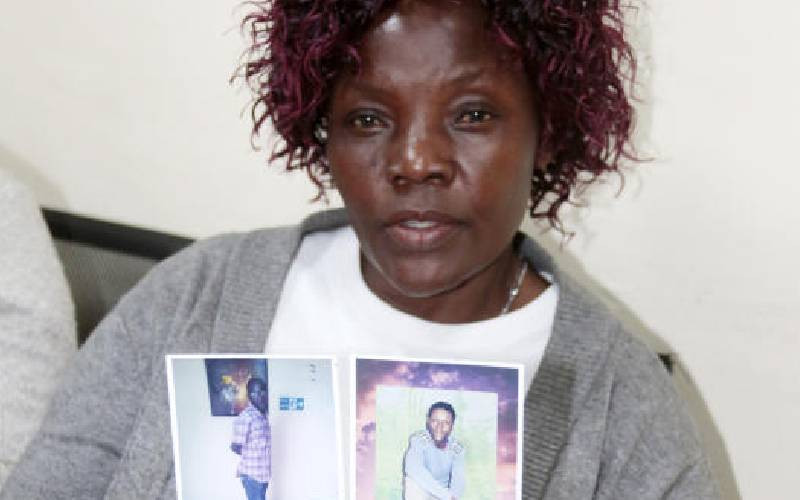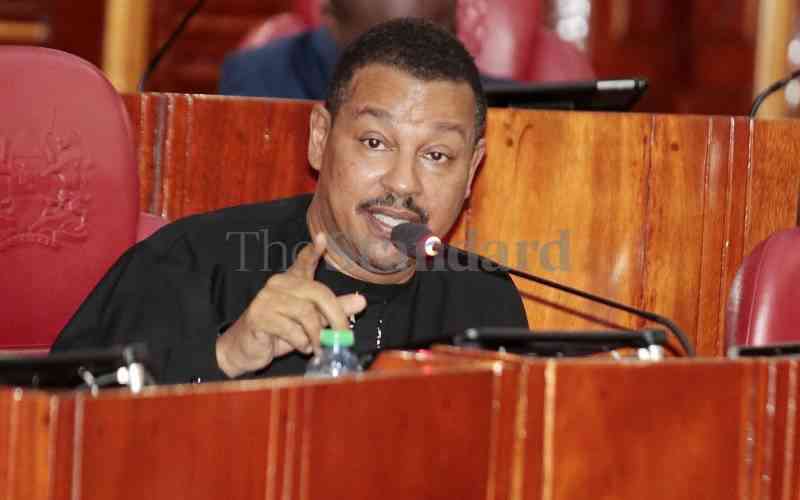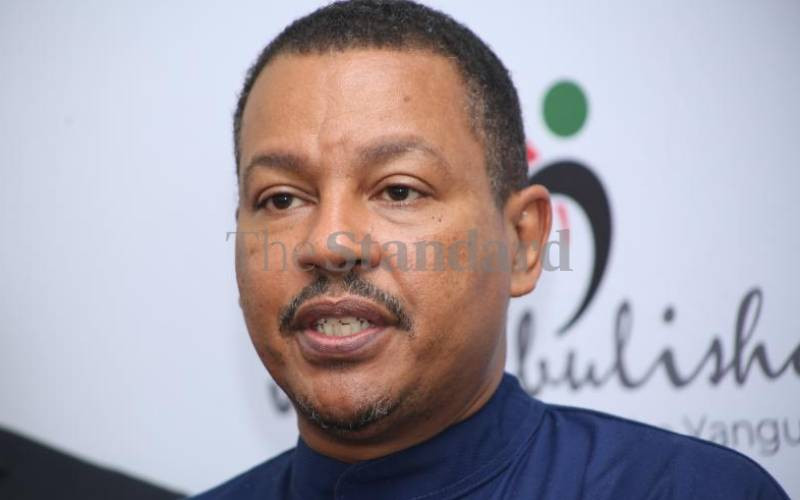Kinshasa, DRC: Amnesty International today launched a new campaign for the release of Congolese youth human rights activists held incommunicado in Kinshasa, Democratic Republic of Congo (DRC) for 15 days. The activists were arrested on 15 March when security forces stormed a press conference on youth civic engagement in political processes in the run up to the country’s elections.
“Through this campaign, Amnesty International members and the public will stand in solidarity with activists experiencing the brunt of Congo’s continued crackdown before next year’s presidential election,” said Christian Rumu, Amnesty International’s Campaigner for the Great Lakes Region.
“We hope this public outcry will persuade the Congolese authorities to comply with their obligations to release the activists held incommunicado in Kinshasa, and send a clear message that infringement of fundamental rights to liberty and freedom from torture and ill-treatment are not acceptable.”
During the campaign, Amnesty International members and supporters around the globe, along with the public, will sign a petition, write to Congolese authorities, and send solidarity tweets to those detained.
Amnesty International understands that at least five youth human rights activists are still detained. They were among at least 30 people arrested at the press conference organized by Congolese youth organisations la Jeunesse pour une Nouvelle Société (JNS), le Forum National de la Jeunesse pour l’Excellence (FNJE) and Lutte pour le Changement (LUCHA) at a cultural centre called Eloko ya Makasi, Masina in Kinshasa.
The prolonged incommunicado detention of the five detainees for 15 days constitutes ill-treatment and places them at risk of torture.
Others arrested were later released, including activists from Senegal and Burkina Faso who were subsequently deported on 18 March. These included Fadel Barro, Aliou Sane and Malal Talla from Y’en a Marre of Senegal, and Ouedraogo Sibiri from Balai Citoyen of Burkina Faso.
“Cracking down on the youth, who are supposed to be the future of the country, is sending a worrisome signal that their views and concerns do not count to the government,” said Fadel Barro, one of the members of the Senegalese group, Y’en a Marre.
“A youth that feels excluded and marginalized is a factor of instability. Congolese authorities, instead of acting to meet their youth’s aspirations and hopes, are fuelling a sentiment of recklessness.”
Amnesty International calls on the Congolese authorities to respect the rule of law, uphold due process rights guaranteed in DRC’s Constitution, and comply with its obligations under regional and international human rights standards.
“With elections coming up in more than 10 African countries this year, young people have a right to freedom of expression, association and peaceful assembly as they play a key role in opening debates on political processes,” said Rumu.
 The Standard Group Plc is a
multi-media organization with investments in media platforms spanning newspaper
print operations, television, radio broadcasting, digital and online services. The
Standard Group is recognized as a leading multi-media house in Kenya with a key
influence in matters of national and international interest.
The Standard Group Plc is a
multi-media organization with investments in media platforms spanning newspaper
print operations, television, radio broadcasting, digital and online services. The
Standard Group is recognized as a leading multi-media house in Kenya with a key
influence in matters of national and international interest.
 The Standard Group Plc is a
multi-media organization with investments in media platforms spanning newspaper
print operations, television, radio broadcasting, digital and online services. The
Standard Group is recognized as a leading multi-media house in Kenya with a key
influence in matters of national and international interest.
The Standard Group Plc is a
multi-media organization with investments in media platforms spanning newspaper
print operations, television, radio broadcasting, digital and online services. The
Standard Group is recognized as a leading multi-media house in Kenya with a key
influence in matters of national and international interest.








